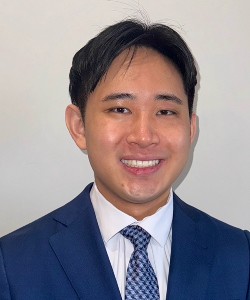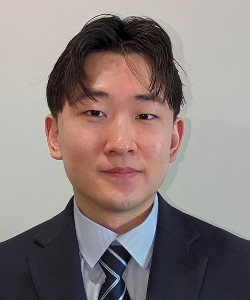Diversity and Inclusion Breakfast: Representation, Mentorship, and More
The opportunity to interact with peers and leaders who share a commitment to advancing diversity in pain medicine has been particularly inspiring. The Diversity SIG provided a platform for sharing experiences and challenges in integrating diversity into our studies and future practice. Through small group discussions at the Diversity SIG breakfast, we delved into strategies for addressing health disparities and enhancing the representation of minority populations in pain research. These interactions not only broadened our perspectives but also strengthened our resolve to advocate for equity in healthcare. It was empowering to be among a community of educators and physicians dedicated to making a tangible difference in the lives of patients from all walks of life.
Overall, the Diversity SIG breakfast was a moment of profound learning and inspiration. This group provided a unique forum for discussing the intersection of personal growth and leadership with the goal of achieving equity in healthcare. The discussions we engaged in ignited a passion within us to be advocates for change, striving to make a positive impact in our future practices and the wider medical community. These sessions highlighted the importance of developing a leadership style that is inclusive, adaptive, and aware of the diverse needs of both patients and healthcare teams. Thus, this experience has instilled in us a sense of responsibility to not only excel in our clinical practice but also to become leaders who actively contribute to creating an equitable healthcare system for all.

Kevin Tang is a fourth-year medical student at Rutgers New Jersey Medical School in Newark, New Jersey. Originally from Boulder, Colorado, he is a graduate of Emory University in Atlanta, Georgia. His interests in anesthesiology include pain medicine, regional anesthesia, and palliative care. He is also a student researcher who has published papers on radiofrequency ablation, neuromodulation, regional nerve blocks, and artificial intelligence. Outside of medical school, Kevin is an avid snowboarder, amateur photographer, and trivia night enthusiast. He joined the Diversity SIG because he believes that an inclusive, equitable, and diverse work environment is crucial for one’s personal and professional growth. As an aspiring physician educator and activist, he hopes that the Diversity SIG can help turn his aspirations into reality.

Daniel Cho is a fourth-year medical student at Rutgers New Jersey Medical School in Newark, NJ interested in anesthesiology and pain medicine. Recognizing his identity as being both a member of the LGBTQ+ community and an Asian-American, he is dedicated to working within the Diversity SIG to champion the development of inclusive and equitable spaces for all physicians and patients.